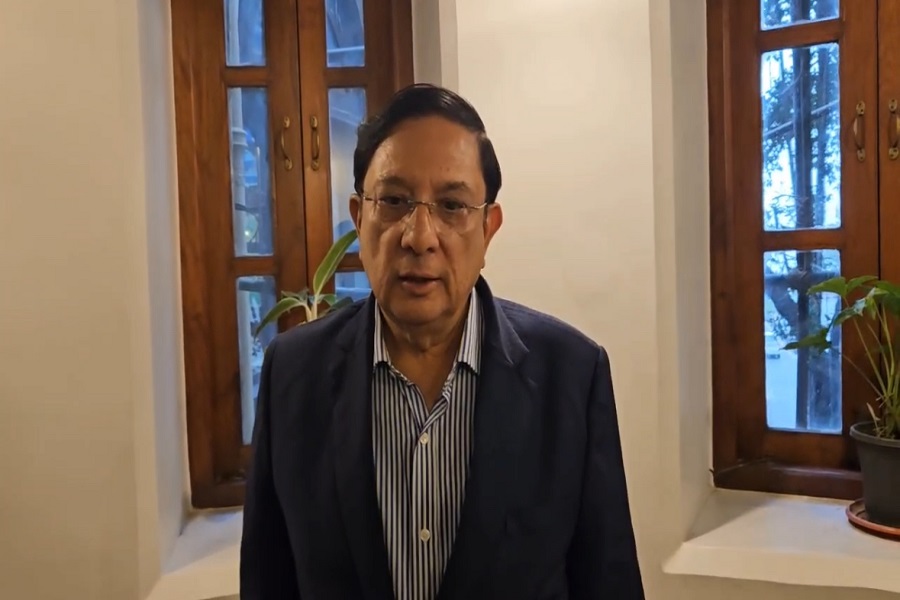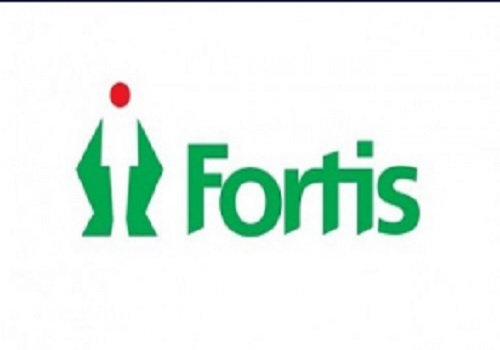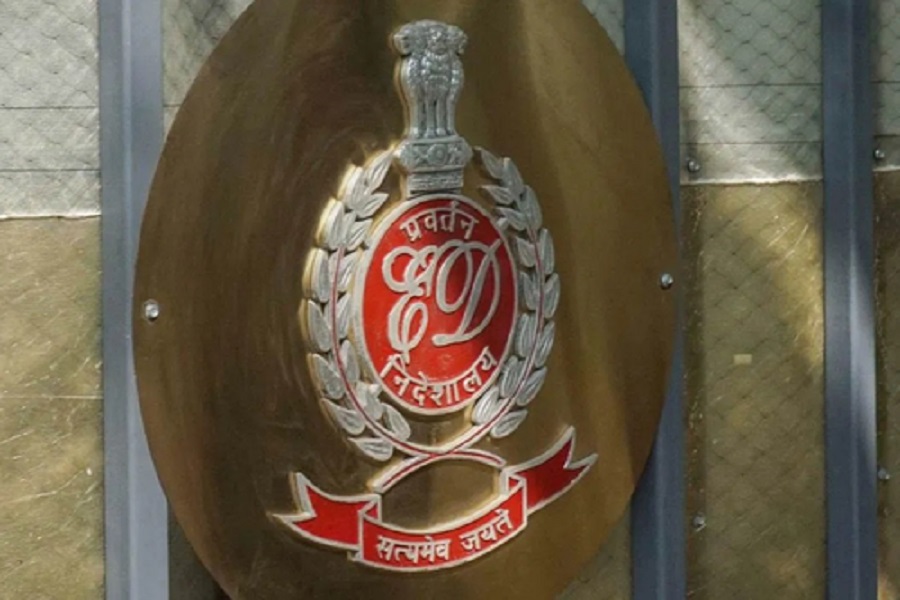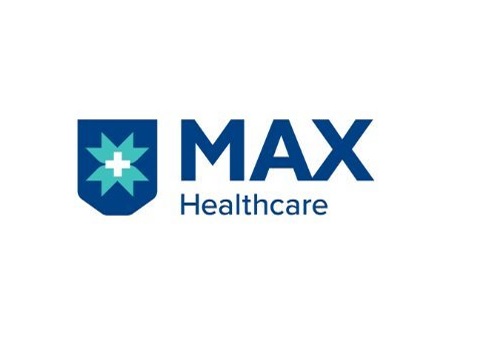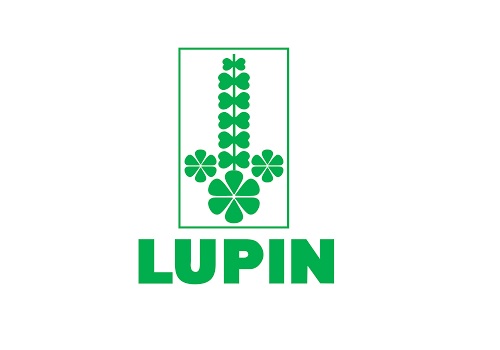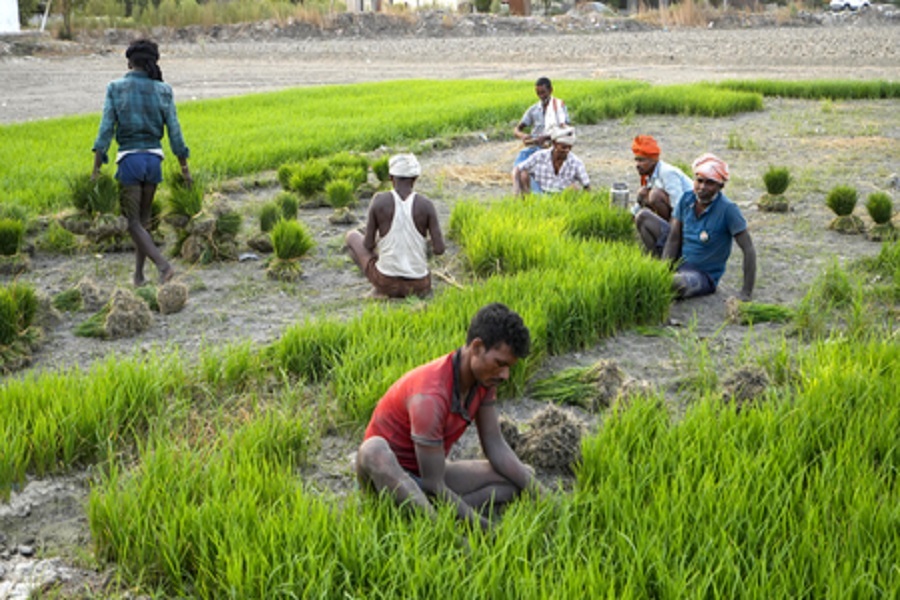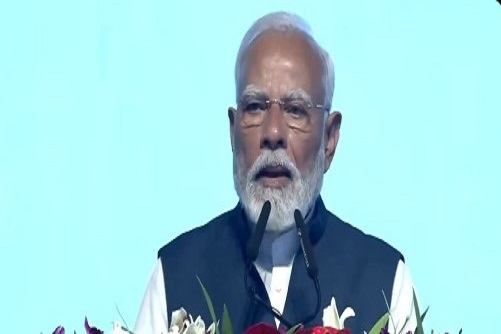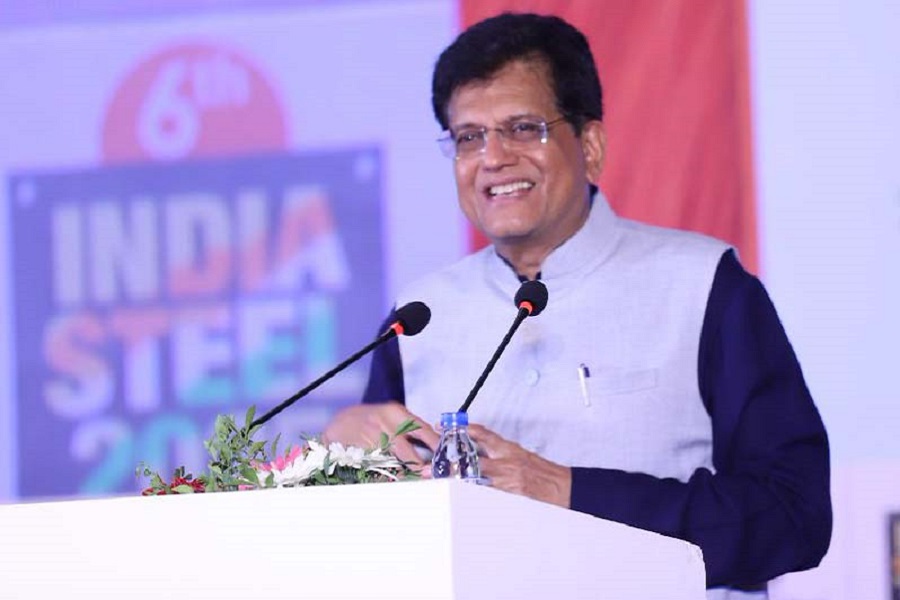Renault seeks regulatory discipline in India as it plans new investments
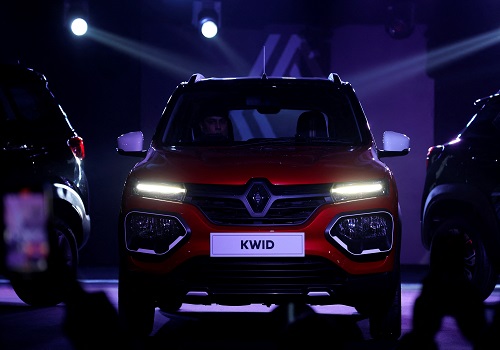
Renault wants India to adhere to its regulatory roadmaps after the French automaker incurred unnecessary engineering costs following New Delhi's decision to not implement a proposal mandating six airbags in cars, the company's country head said.
Renault has less than a 2% share of India's thriving auto market and is planning more investments. But it has decided to change tack on how it prepares for regulatory changes New Delhi asks for, Venkatram Mamillapalle said in an interview.
India in 2022 proposed mandating six airbags in all new cars sold after Oct. 1, 2023, but months before the deadline it did not finalise the proposal, effectively putting that decision on hold. By then, Renault had invested in re-engineering its cars and suppliers were readying their capacities.
"It's a sunk cost engineering wise ... now we are taking a u-turn and creating (six mandatory airbags) as an option for customers," he said, adding that in future Renault will wait for final regulations before implementing them.
"If the government lays down a path of regulatory aspects, they should follow," he said.
He said it costs millions of euros to meet regulatory changes but did not give specific details on what Renault spent to comply with the airbags proposal.
In a subsequent statement to Reuters after the interview, Mamillapalle said India's plan to consider six airbags was "a welcome step" and encouraged Renault to invest further in this technology.
"Renault has been championing the cause of safety in the automobile industry," he added.
Renault's comments on India's policy implementation echo a broader concern in the industry.
At an event last year, transport minister Nitin Gadkari warned automakers of higher taxes if they do not lower production of diesel vehicles. Hours later he walked back on his comments but they had already led to a stock market rout.
Renault's concerns also come a day ahead of one of the country's largest gathering of investors in Prime Minister Narendra Modi's home state of Gujarat, where he will make a bid to lure companies before standing for reelection later this year.
Renault, known for its best-selling Duster SUV in India, saw domestic sales slide last year but it has a growth plan in place with a greater focus on profitability than market share, Mamillapalle said.
In 2024 Renault will launch upgraded variants of existing cars, including its small car Kwid, the seven-seater Triber and SUV Kiger with more technology and connected features to broaden its appeal to demanding, entry-level car buyers.
This is a run up to a broader plan by Renault and its alliance partner Nissan to invest $600 million in India over the next three years to boost sales, with the French company's plans to launch five new cars including mid-sized sport-utility vehicles and electric models starting 2025.
The company expects to pump more money into the country beyond 2027 as part of a global plan to invest $3.2 billion in markets outside Europe including Brazil, India and Turkey.
"The strategies are well-built and robust. We are here to stay," he said.
